Climbing Aboard the Dragon: Maps and the Fantasy Writer
The world is a miracle, unfolding in the pitch dark.
— Barry Lopez, “The Mappist”Just because you can travel to a place doesn’t mean you can know it.
—Alan DeNiro, “Salting the Map”
Like most things with us fantasy readers and writers, it started with Tolkien.
I saw the map at the beginning of my now-battered Ballantine version of The Hobbit all those years ago. The book had two maps in it, for crying out loud — my eleven-year-old self had never seen such a thing. I wondered if there’d be some sort of quiz at the end of the book — was Mount Gundabad at the northern or southern tip of the Misty Mountains? (No fair peeking!)
I can’t tell you how many times I drew and re-drew that map. I think I even tried to recreate it on an old Apple II computer, using BASIC (ouch, just aged myself, big-time). I studied it, wondered about those Woodmen living on the western border of Mirkwood, and of course traced the path taken by Bilbo and the dwarves on the way to their final meeting with Smaug the dragon.
And then I got a copy of The Fellowship of the Ring and saw how that little slice of the world from The Hobbit fit into the much bigger world of Middle-Earth, and I was hooked. Forget sketching the map of the land — I wanted to live there! (Orcs and wargs and all.)
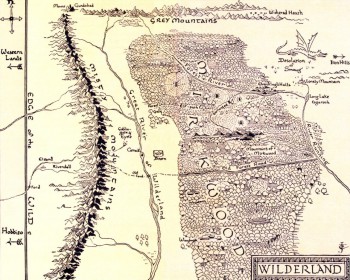
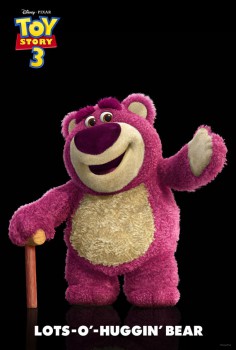 Warning: This essay contains some spoilers.
Warning: This essay contains some spoilers.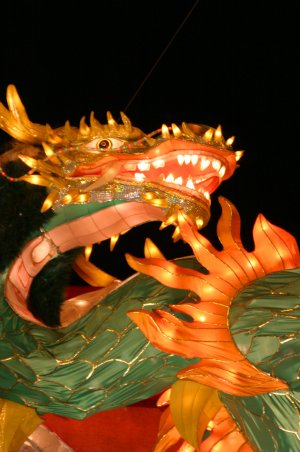 Because this series about riding about the dragon called Publishing is geared at writers just starting out writing fantasy stories and novels, I thought I’d pull together
Because this series about riding about the dragon called Publishing is geared at writers just starting out writing fantasy stories and novels, I thought I’d pull together 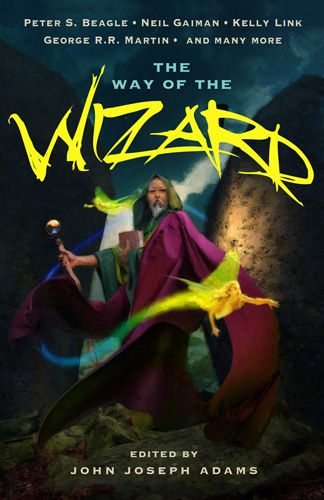
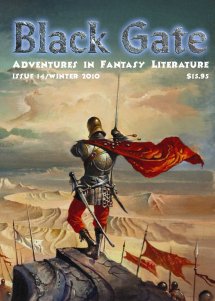 Sixteen of your US dollars. That’s what the latest (monster) issue of Black Gate has cost you in these days of fear and crumbling factories. It’s strange, isn’t it? You’ll spend all that money on a collection of fiction and game reviews when the internet is bursting with so much free content. If you go looking right now, you can find a million Sword & Sorcery stories out there that you wouldn’t even need to pirate: the authors, overcome in a delirium of generosity, are only too thrilled to supply them for free.
Sixteen of your US dollars. That’s what the latest (monster) issue of Black Gate has cost you in these days of fear and crumbling factories. It’s strange, isn’t it? You’ll spend all that money on a collection of fiction and game reviews when the internet is bursting with so much free content. If you go looking right now, you can find a million Sword & Sorcery stories out there that you wouldn’t even need to pirate: the authors, overcome in a delirium of generosity, are only too thrilled to supply them for free.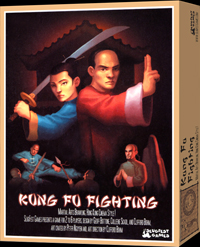 Now that Gen Con is done, it’s time to offer up some final thoughts, experiences, and, of course, games.
Now that Gen Con is done, it’s time to offer up some final thoughts, experiences, and, of course, games.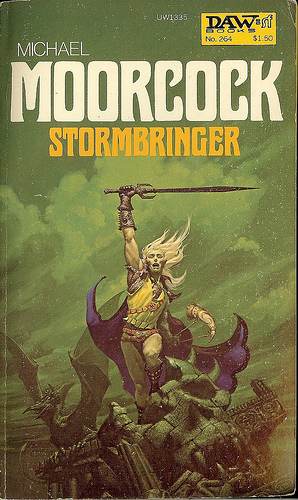 “Plot is what the characters do
“Plot is what the characters do
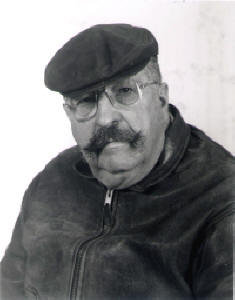 Freedom, love of neighbour, and personal responsibility are steep slopes; he could not climb them for us—we must do that ourselves. But he has shown us the road and the reward.
Freedom, love of neighbour, and personal responsibility are steep slopes; he could not climb them for us—we must do that ourselves. But he has shown us the road and the reward.